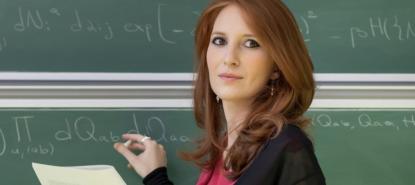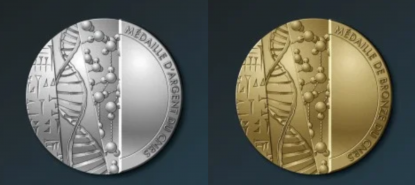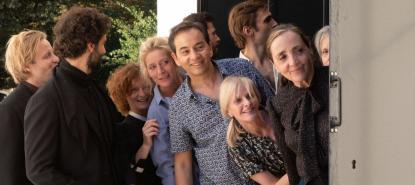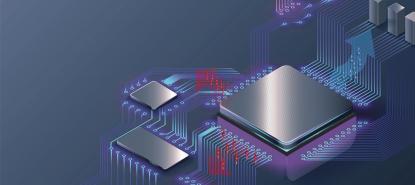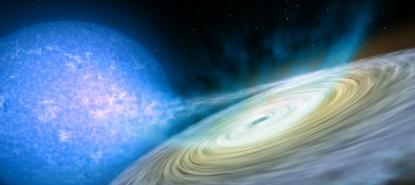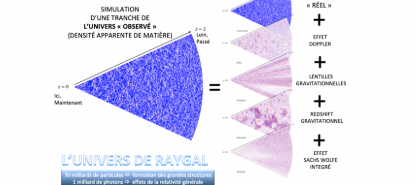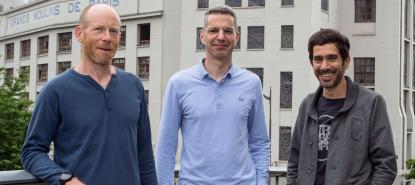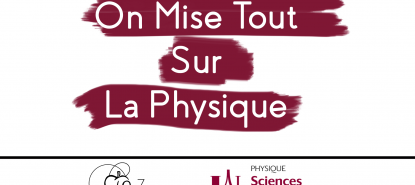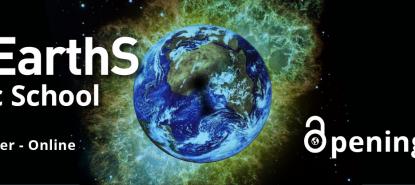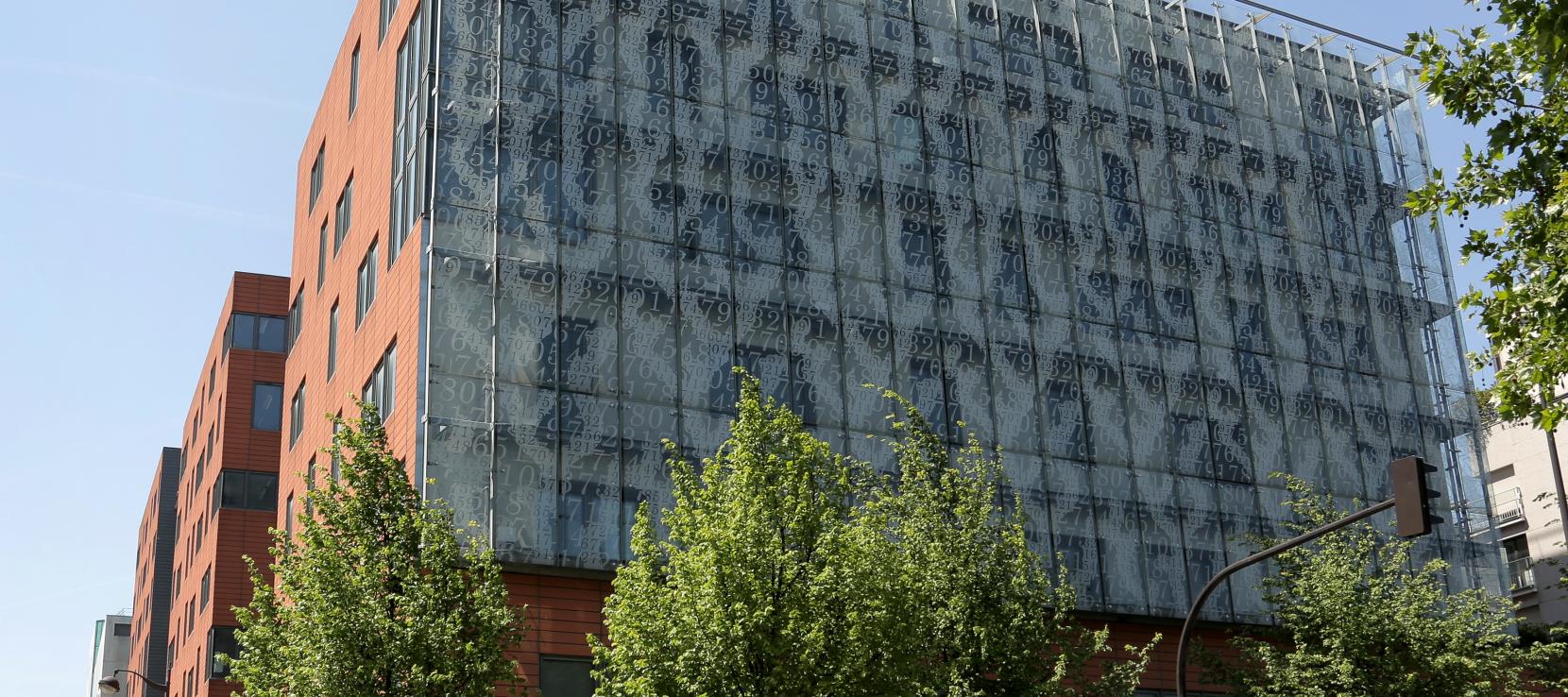
Séminaire Général de Physique
"Séminaire Général de Physique"
AMPHI PGG
Bâtiment Condorcet, niveau -1
(café à partir de 10h10)
Prochains séminaires :
20/02 : Patricia Bassereau (biophysique)
20/03 : David Elbaz (astrophysique, JWST)
22/05 : Antoine Browaeys (mécanique quantique)
19/06 : Bruno Moulia (interdisciplinarité)
--------------------------------
Rendez-vous pour le café à partir de 10h10 - Amphithéâtre Pierre-Gilles de Gennes :
Bâtiment Condorcet - Espace de convivialité du niveau -1 (en bas de l'escalier à vis)
10, rue Alice Domon et Léonie Duquet
Université Paris Cité - UFR de Physique Paris 13ème
--------------------------------------------------------------------------------------------------------------------------------------------------------------------------------------------------------------------------------------------------------
Séminaire :
Le prochaine séminaire général de physique sera donné par Patricia Passereau (Institut Curie) vendredi 20 février à 10h30 à l'amphi PGG et portera sur :
Titre : Interaction entre la mécanique des membranes fluides et la dynamique et l'activité des protéines
Résumé:
Les membranes cellulaires sont des surfaces fluides très déformables qui doivent acquérir de fortes courbures, de l’ordre de quelques dizaines de nanomètres, pour assurer nombre de leurs fonctions. Les processus de déformation des membranes impliquent des interactions avec des protéines de forme intrinsèquement courbée, ou des déformations induites par des protéines de forme conique insérées dans la membrane. Les contraintes mécaniques exercées sur les membranes lipidiques peuvent, en retour, influencer la distribution latérale et l’activité de ces protéines. Je présenterai nos résultats récents, obtenus à partir de systèmes membranaires reconstitués et de protéines
transmembranaires, concernant l’effet de l’étirement membranaire sur la diffusion et l’agrégation de protéines actives, ainsi que l’effet de la courbure membranaire sur leur activité.
Nous vous attendons à partir de 10h15 dans le patio pour le café.
2026-02-20_Patricia_Passereau.pdf
--------------------------------------------------------------------------------------------------------------------------------------------------------------------------------------------------------------------------------------------------------
L'équipe du séminaire Général : Edouard Boulat, Alexis Coleiro, Christophe Gremare, Charlotte Py
Archives des anciens séminaires

